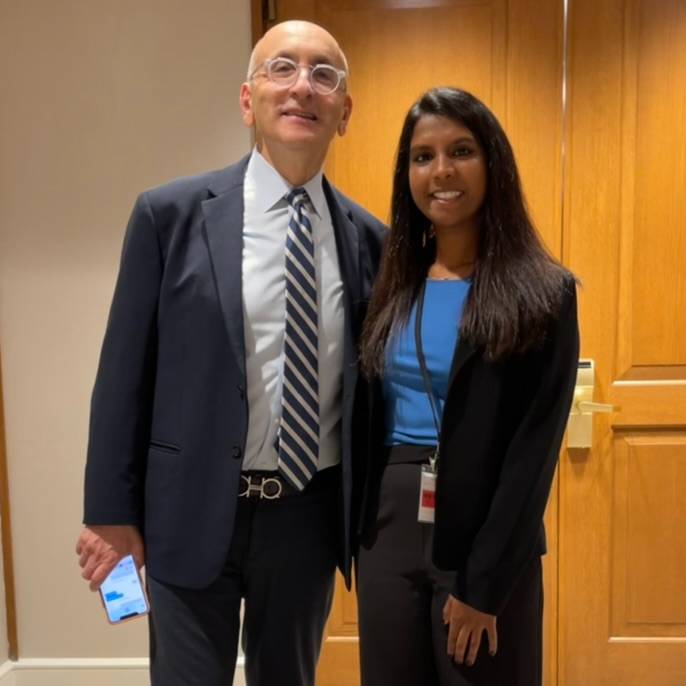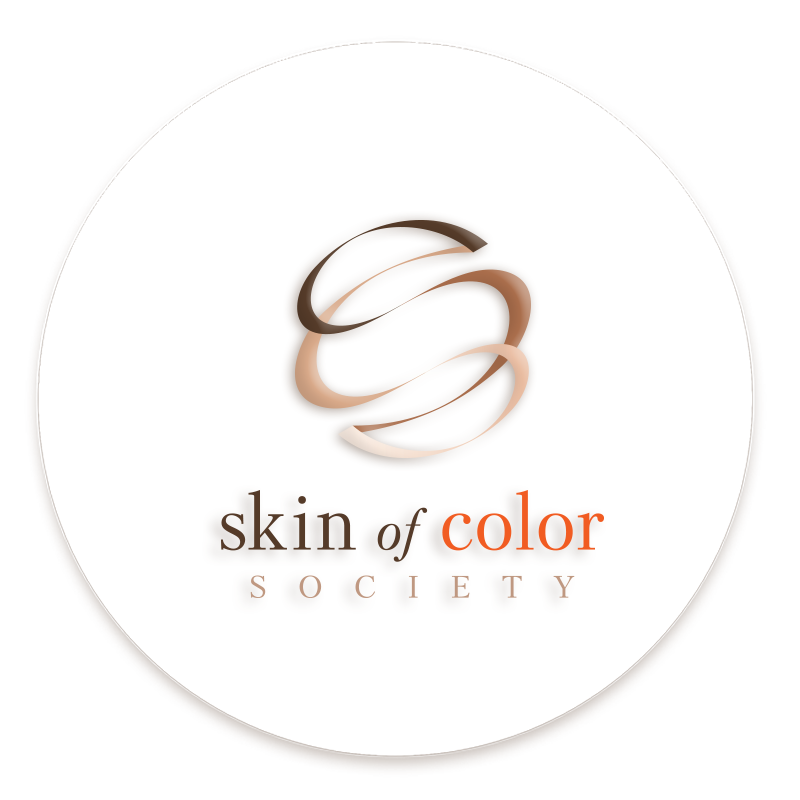
Dr. Leon Kircik and mentee Kristin A. Tissera
I envision my career in dermatology to focus on skin of color patients, and even more specifically skin of color patients with pigmentation disorders like vitiligo and melasma. My interest in pigmentation disorders comes from my paternal grandmother’s experience with vitiligo. This condition hindered my grandmother from experiencing her life to the fullest, and I aspire to be a part of the effort to increase the quality of life of those affected by disorders like vitiligo. I have done work in the social sphere of dermatology, interviewing individuals with vitiligo to understand how it impacts their lives and identities for my senior thesis at Tufts University. I learned that these disorders, though not life threatening, have major psychosocial impacts. Additionally, I completed a Fulbright research project in Singapore aiming to understand how to control pigmentary pathways to eventually develop therapeutics for pigmentation disorders. In beginning my journey through medical school, the one part of the practice of dermatology focused on pigmentation and skin of color that I have yet to experience is the clinical side.
I have had a wonderful experience so far in the SOCS Mentorship program, hearing from my mentor, Dr. Leon Kircik about the practice of skin of color dermatology. Our mentorship has consisted of monthly phone meetings to discuss goal setting, planning for residency applications, and research goals. Dr. Kircik was a great sounding board as I made my way through my first year of medical school and began my second year. At Duke, our third year of medical school is spent entirely on research. Dr. Kircik was able to provide great guidance as I navigated the process of finding a research mentor and setting up my research year with Dr. Elena Hawryluk at Massachusetts General Hospital.
During our mentorship year, I was also lucky enough to work on a project about psoriasis in patients with skin of color alongside Dr. Kircik and his research associates. Learning about psoriasis, a condition with similar psychological and social impacts to vitiligo, especially in those with skin of color, was eye opening. I look forward to learning more about conditions where psychosocial impacts and advocacy work should be considered as seriously as physical impacts.
Ultimately, my mentorship under Dr. Kircik was a fruitful and career-building experience. I am thankful for his guidance and look forward to keeping in touch with him as I work towards my goal of becoming a dermatologist.


